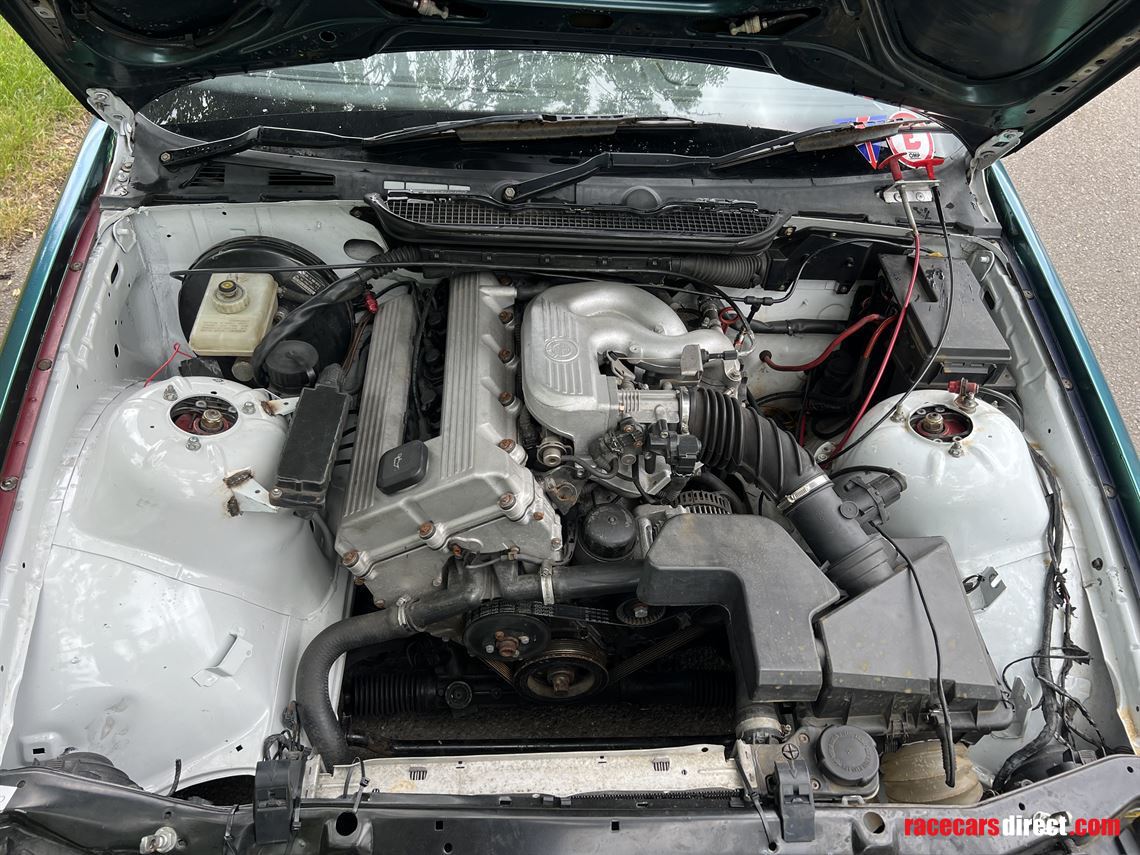Secret Features to Seek When Purchasing an Engine for Automotive Applications
When thinking about the acquisition of an engine for auto applications, numerous crucial attributes warrant cautious assessment to make certain optimum efficiency and functionality. From power and performance capacities to fuel efficiency, adherence, and longevity to emissions requirements, each element plays a vital function in identifying the engine's viability for details automotive needs. Cost-effectiveness remains a crucial element in the decision-making procedure, stabilizing quality with financial considerations. These functions collectively add to the general performance and dependability of the engine, affecting the driving experience and lasting contentment of the user.
Power and Performance
When picking an automotive engine, buyers prioritize power and performance to make sure optimum driving experience and performance. A well-performing engine not just provides power effectively however additionally operates smoothly across various speed varieties and driving problems.
In addition, elements such as engine hybrid, turbocharging, and displacement innovations play considerable duties in improving both power and performance levels. Ultimately, selecting an engine that supplies a potent mix of power and efficiency makes certain a reliable and rewarding driving experience.
Fuel Performance
Optimizing fuel effectiveness is a critical factor to consider for consumers when assessing automobile engine choices. Modern engines with features like direct fuel injection, turbocharging, and variable shutoff timing can significantly boost gas efficiency by enhancing combustion processes and decreasing energy loss.

Sturdiness and Dependability
Attaining resilient efficiency and reputable procedure is vital for consumers evaluating the toughness and integrity of automobile engines. When thinking about an engine for auto applications, longevity refers to the engine's capability to endure wear, anxiety, and extreme operating conditions over an extensive period. Reliability, on the other hand, suggests that the engine can continually do its designated function without unforeseen break downs or failures.
Consumers need to look for engines constructed with top quality materials and precise design to make certain longevity. Components such as crankshafts, pistons, and bearings must be sturdy to deal with the engine's power output without premature wear. In addition, engines outfitted with advanced air conditioning systems, efficient lubrication, and durable filtration devices tend to exhibit greater degrees of reliability.
Normal maintenance and adherence to manufacturer suggestions are additionally essential consider protecting an engine's durability and dependability. By following maintenance timetables, making use of advised liquids, and addressing any type of issues quickly, consumers can take full advantage of the lifespan and performance of their automobile engines. Ultimately, focusing on sturdiness and dependability in engine choice can cause a more rewarding possession experience with fewer unforeseen disturbances.
Discharges Conformity
Making certain conformity with exhausts regulations is an important aspect of evaluating automobile engines for ecologically aware customers. With raising concerns concerning air quality and ecological influence, rigorous exhausts requirements have actually been established around the world to minimize harmful pollutants launched into the environment. When Continued buying an engine for automotive applications, it is vital to consider its exhausts compliance to decrease the carbon impact and follow legal requirements.
Modern engines are furnished with advanced exhaust control modern technologies such as catalytic converters, exhaust gas recirculation (EGR) systems, and discerning catalytic decrease (SCR) to reduce damaging exhaust gases like nitrogen oxides (NOx), carbon monoxide (CO), and hydrocarbons (HC) These systems play a critical role in guaranteeing that the engine satisfies the defined emissions criteria and operates within permitted limits.

Cost-effectiveness
When considering automobile engine acquisitions, reviewing cost-effectiveness is paramount for customers seeking both performance and value. Cost-effectiveness in engine purchase involves greater than just the preliminary purchase price. It encompasses the total expenditures associated with maintenance, gas consumption, and prospective fixings over the engine's lifespan. Going with an engine that provides a balance between long-lasting savings and upfront prices can result in considerable advantages for the customer.
One key element of cost-effectiveness is gas performance. Engines that are designed to make best use of gas economic situation can lead to considerable cost savings with time, specifically for individuals who drive regularly or over lengthy ranges. In addition, thinking about the availability and affordability of extra components and servicing can add to the total cost-effectiveness of an engine. Making sure that maintenance and fixings are practical and obtainable can stop unforeseen economic worries down the line.

Verdict
Finally, when buying an engine for automotive applications, it is vital to take into consideration essential functions such as power and performance, gas performance, dependability and toughness, exhausts compliance, and cost-effectiveness. These variables are crucial in guaranteeing that the engine satisfies the needs of the lorry and runs properly in numerous driving problems - bmw 318ti. Making a notified choice based upon these requirements will inevitably cause a successful and effective auto engine purchase
From power and efficiency capacities to fuel sturdiness, adherence, and efficiency to emissions standards, each element plays a critical role in establishing the engine's viability for certain automobile needs. Engines created to run on alternative fuels such as electric power, crossbreed systems, or biofuels can supply enhanced fuel economic climate and reduced emissions compared to standard gas or diesel engines. Consumers should very carefully consider the gas performance rankings and innovations incorporated into automobile engines to make enlightened acquiring decisions that straighten with their concerns for price savings and sustainability.
When considering an engine for automobile applications, durability refers to the engine's ability to stand up to wear, tension, and severe operating problems over a prolonged period.In conclusion, when acquiring an engine for automobile applications, it is essential to think about key attributes such as power and efficiency, fuel efficiency, reliability and sturdiness, emissions conformity, and cost-effectiveness.